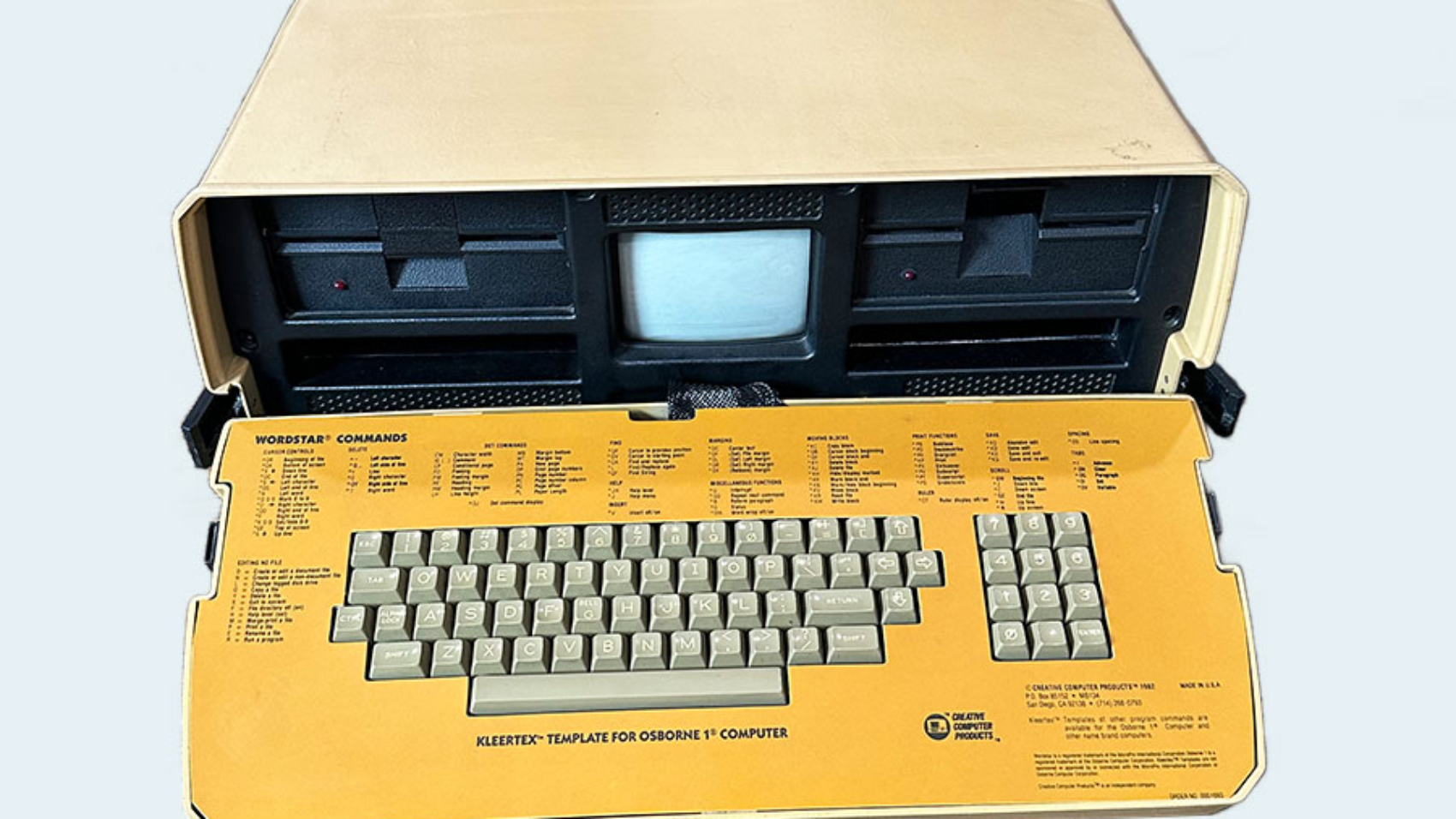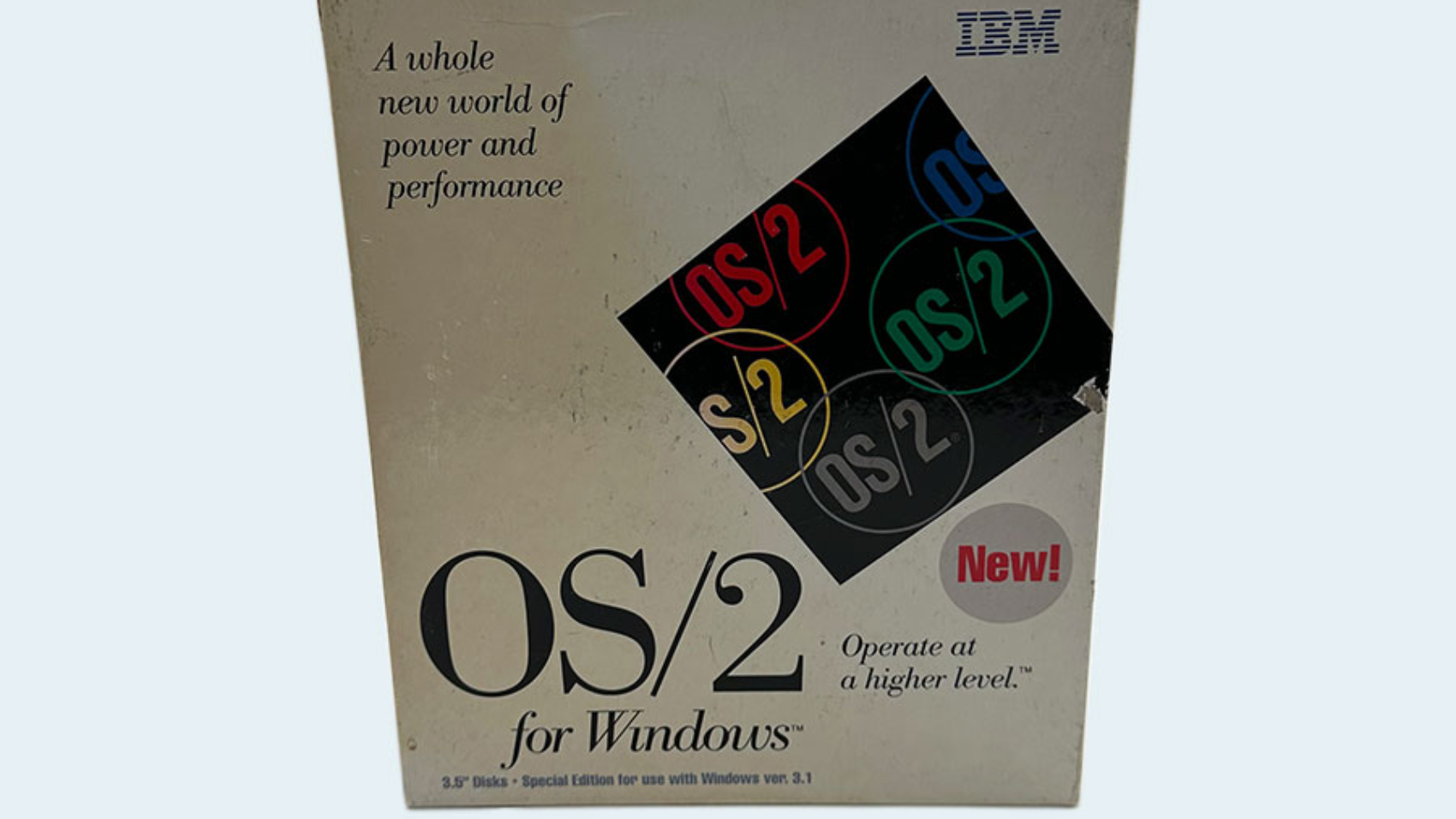SmileDirectClub, who went public at an $8.9B valuation in 2019, promised to straighten teeth for under $1,850 — about a third the cost of traditional braces — in as little as six months and all from the comfort of home. However, the aligners commonly damaged teeth and caused severe pain requiring some consumers to have expensive dental procedures. Thus, they dealt with legal fights from dissatisfied customers who accused it of false advertising and of violating Food and Drug Administration regulations. Saddled with $900M in debt the company shut down in 2023.
Yahoo
Yahoo lacked a clear vision regarding the overall purpose of the company. They were not a search company, nor a tech company, but functioned primarily as a media company. Meanwhile, in 2002, Yahoo could have bought Google for $1 billion, while in 2006, Yahoo could have bought Facebook for $1.1 billion.
Howard the Duck
Debuting in 1986, “Howard the Duck” is considered one the worst comic book movies ever made. Howard is a foul-mouthed, ill-tempered, rude duck who comes from another planet and is trapped on Earth. Surprisingly the movie also included sexual elements, which further confused the audience as to whether this talking duck from Marvel Comics was a kid’s movie or an adult movie.
Parker Jotter Pen
In 1965, the compact Parker Jotter was introduced as a smaller pen intended for ladies’ smaller hands.
Osborne Computer
Launched 1981 and bankrupt in 1983, Osborne Computer was a pioneering maker of portable computers and struggled under heavy competition. Kaypro Computer had larger screens, Apple Computer had a large software library, and IBM’s PC was faster, more advanced, and offered a rapidly growing software library.
Jibo
Introduced in 2014, social robot company Jibo burned through $73 million in funding. It’s downfall started in 2015 when Amazon unveiled Echo and priced it seventy-five percent less than Jibo.
OS/2
Released in 1987, OS/2 seriously suffered from lack of device support, especially printer and display drivers. The Joint Development Agreement signed between IBM and Microsoft could not prevent the rift between the two companies from growing. The disagreements between IBM and Microsoft led to a situation where each thought it would be better off without the other and the famous divorce ensued. After the divorce, Microsoft almost immediately started pretending that OS/2 never existed, even though the OS/2 subsystem existed in Windows NT until version 5.0 in 1999.
Black Monday Game
On October 19 in 1987, the Dow Jones Industrial Average dropped 22.6% losing $500 billion.
Vioxx
In 2004, Merck withdrew it’s painkiller Vioxx from the market. Vioxx caused thousands of avoidable premature deaths and over 100,000 heart attacks.
Kozmo
Shut down in 2001 after having raised $250 million, Kozmo was an online retailer that provided quick delivery of goods. Due to Kozmo’s $0 delivery fee and no minimum purchase requirement, it was difficult to build an efficient and profitable business.











